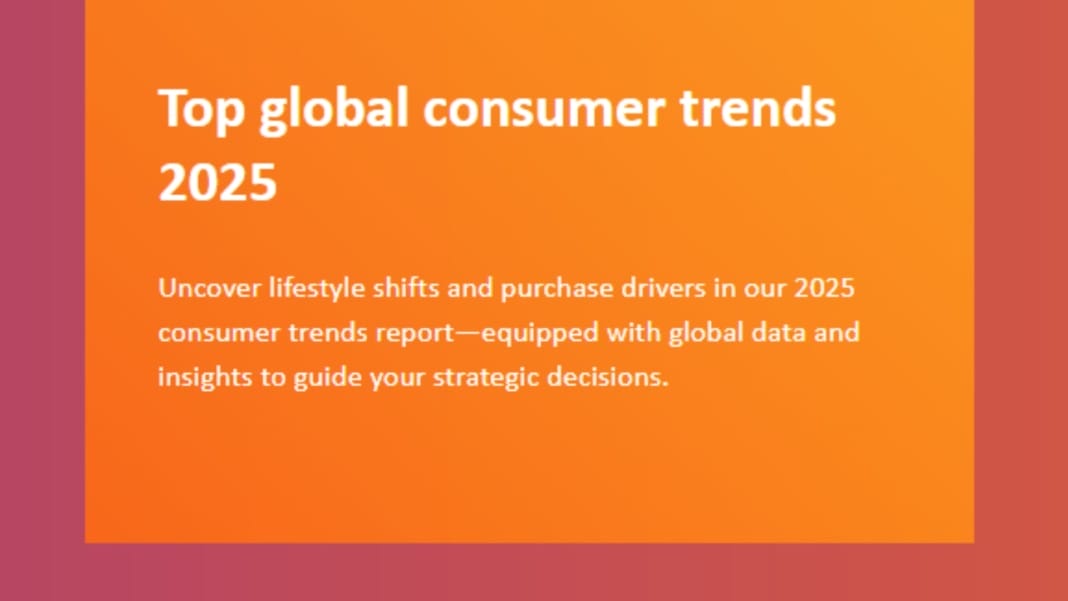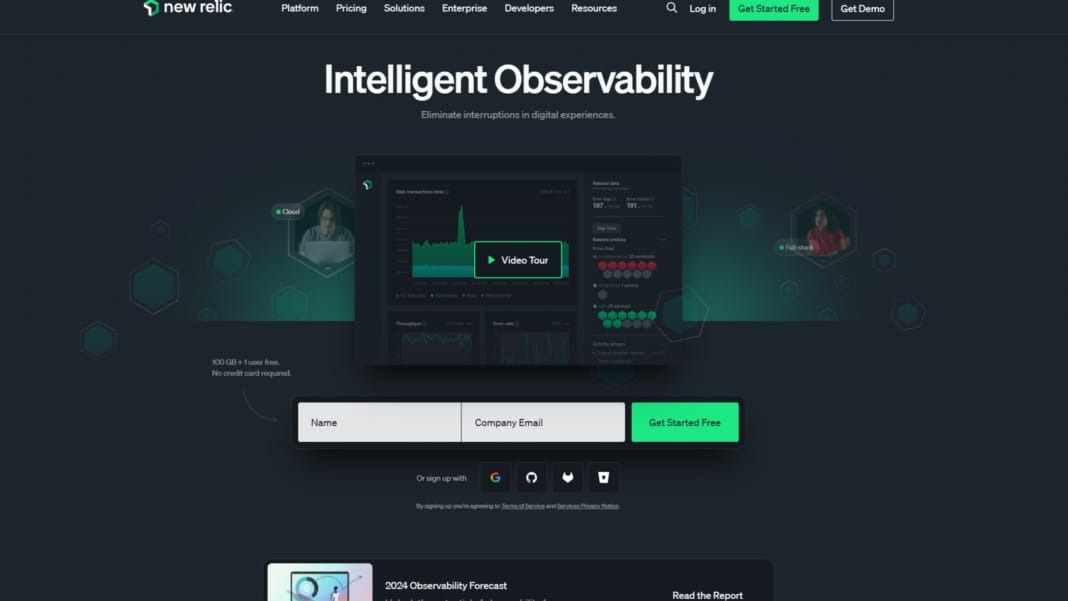Data analytics company Euromonitor International has unveiled its Top Global Consumer Trends for 2025, shedding light on the five major trends influencing global consumer behaviour. This yearly report explores how consumer habits shape business approaches, create fresh opportunities, and lead companies to adapt to evolving demands.
In a world marked by rising living costs, environmental considerations, and a focus on well-being, these trends highlight the factors most critical to purchase decisions worldwide. Quality, functionality, convenience, and price emerge as central influences, with financial resilience now embedded in consumer choices.
The top consumer trends shaping 2025
Euromonitor’s Global Consumer Trends 2025 report outlines five key trends that reflect a shift towards economic and environmental responsibility.
1. Healthspan Plans
Consumers increasingly prioritise long-term health, seeking products that help them live healthier lives for longer. This trend, termed “Healthspan Plans,” resonates with 52% of consumers who believe they’ll be healthier in the next five years. This shift emphasises a rising demand for health-focused products that support longevity, as consumers invest in improving their quality of life over time.
2. Wiser Wallets
Financial prudence is now a fundamental part of consumption patterns. Consumers are looking to save more and spend strategically rather than impulsively. According to the report, only 18% of respondents frequently made impulse purchases in 2024. This trend highlights a mindful approach to spending, with consumers considering their options carefully to achieve greater value and security.
3. Eco-Logical
Sustainability continues to be a strong motivator for consumers, who choose environmentally friendly products based on personal values and measurable benefits. By the second quarter of 2024, there were over 5 million sustainable online products across 11 FMCG industries and 25 countries. Consumers are increasingly inclined towards sustainable goods, provided these options meet practical needs and deliver on performance.
4. Filtered Focus
In the face of constant notifications and overwhelming choices, consumers simplify their shopping experiences, aiming to reduce browsing time. Many are turning to live-streaming platforms to streamline purchases, with 42% reporting that they made purchases through this medium as it allowed for clearer demonstrations of products or services. This trend signals a move towards convenience-driven shopping that prioritises efficiency.
5. AI Ambivalent
As artificial intelligence becomes more prevalent in daily life, consumers are adopting a cautious stance. Although both users and regulators have raised concerns about AI errors, AI has not been dismissed outright. Instead, users are evaluating its advantages and drawbacks, with 43% of consumers viewing generative AI as a trustworthy source of information. This ambivalence reflects the ongoing conversation about AI’s role in society and its potential impact on consumers.
Adapting to tomorrow’s consumer needs
Euromonitor’s findings highlight the need for businesses to understand and respond to these emerging trends. Stella Vatcheva, senior head of practice innovation at Euromonitor, explained, “Consumers are increasingly conscious when it comes to spending. They seek products and services that are reliable, providing long-term and targeted solutions. Prioritising innovation and loyalty in business strategies will be essential for addressing evolving consumer behaviour and driving growth.”
Consumers’ expectations for quality, sustainability, and value continue to grow as consumers become more selective. Companies are encouraged to focus on these areas to build lasting trust and foster customer loyalty.





